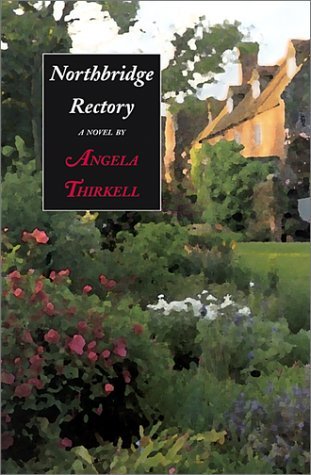What do you think?
Rate this book


320 pages, Paperback
First published January 1, 1941
Christmas, bad enough at the best of times, now began to cast an even thicker gloom than usual over the English scene. No one has ever yet described with sufficient hatred and venom this Joyous and Festive Season. As the Rector when off his guard so truly said, the war was little but an intensification of Christmas in that it either separated families that wanted to be together, or far worse, herded together families for whom normally twelve counties were not large enough. Outwardly, he said, on the Third Sunday in Advent, that once again families were drawing together at this season and not only finding in the companionship of fathers, mothers, sons, daughters and many others a joy they had never felt before, but rejoicing also in the privilege of having among them some less fortunate than themselves, victims of one of the most terrible crimes known in the history of our so-called civilization. Everyone said what a nice sermon the Rector had preached, and went home to lunch.